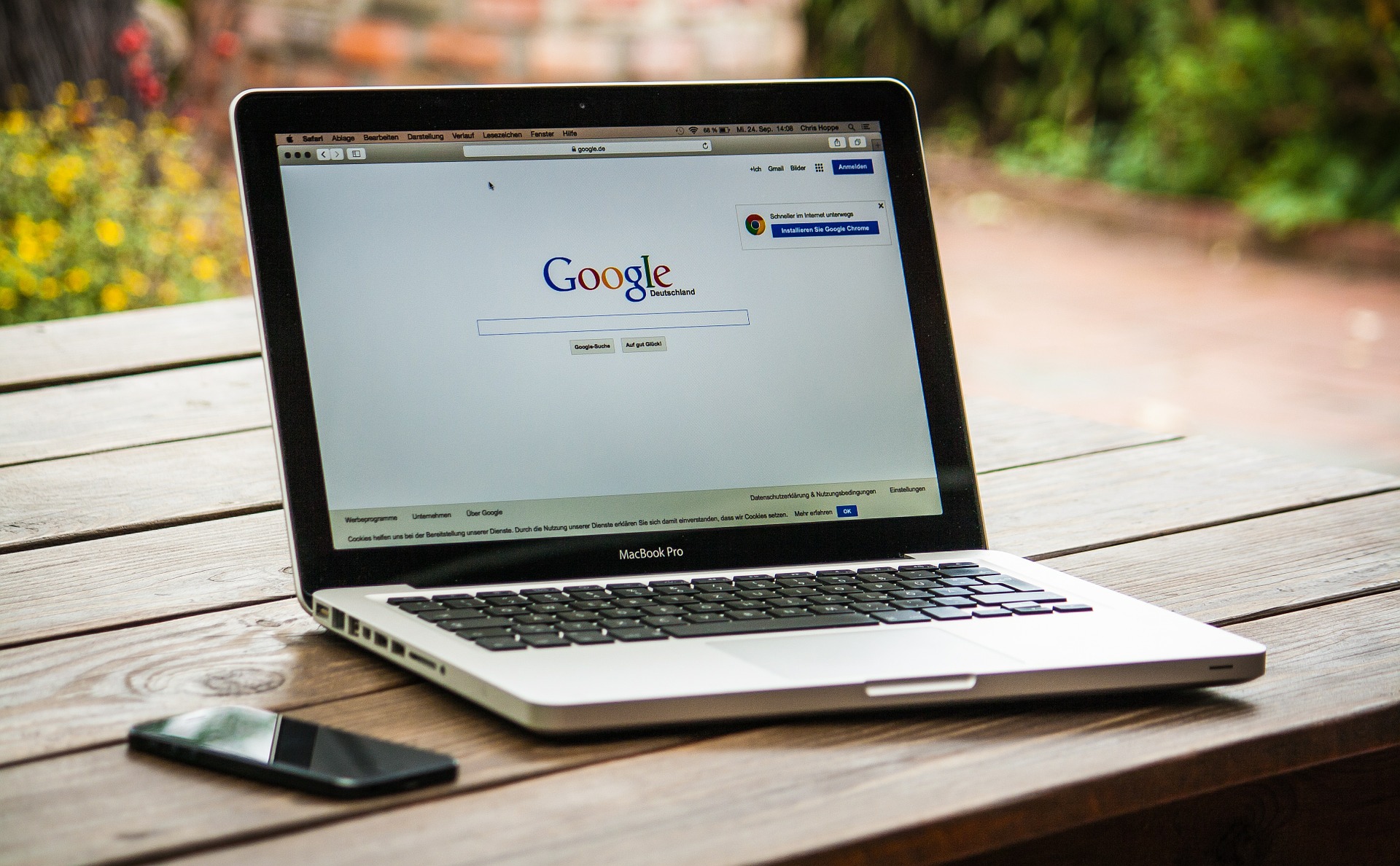As millennials mature into senior executives, B2B marketing must keep pace. Tomorrow’s decision-makers are eager to be engaged online and with unprecedented speed and authenticity. Sunshine Farzan provides her dos and don’ts to connect with them.
Meet your new client: millennials in the boardroom
Millennials are famously characterised as individualistic but collectively influential. Together they are reshaping the marketing landscape around their digital lifestyles—driving new approaches that emphasise technology, transparency and trust. No B2B marketer can ignore the growing clout of those born between 1980 and 1996.
With each year, millennials are gaining ever more leverage in the workplace. A 2018 global survey conducted by Heinz Marketing and SnapApp showed that in the B2B segment, 13% of millennials make purchasing decisions while 27% influence them. Furthermore, Merit reports that 73% of millennial workers are involved in the technology-purchasing process for their companies.
These trends are too important for B2B marketers to ignore, especially in APAC where 58% of the world’s 20-38 year olds live, according to the Global Business Policy Council. In only a few more years, millennial managers will become senior decision-makers. But reaching and retaining this demographic won’t easy: for example, only 2% of Hong Kong consumers are “devoted” to their favourite brands, according to research from Collinson.
If B2B marketers want to connect with this new generation of decision-makers, they’ll need to align their strategies with the millennial mindset and media consumption patterns. Here are seven ways to do so.
1. Invest in SEO

It should come as no surprise that the internet plays a critical role in purchasing decisions. In fact, Google reports that 89% of those performing research for B2B products use the internet. And millennials—who have been going online since they were young children—are masters of carefully scouring every corner of the internet to gather any relevant piece of information they need before making a decision. In fact, one study of Asian consumers found that their shopping choices were largely influenced by retailers’ brand content and social media advertising.
So, make sure that when millennials search your brand, they find favourable results, quickly. Develop curated, branded and unique content that is hyper-relevant to your potential millennial customer’s search intent. This isn’t a cost, it’s an investment that will ensure your brand’s digital footprint is accessible, engaging and trustworthy.
2. Master the art of social media engagement

Building a compelling website is as crucial as integrating social media since millennials expect to be able to conveniently communicate with you and gauge your brand’s personality.
When it comes to developing content, B2B brands can better appeal to millennials by aiming for the right balance of fun and informational content. For example, B2B brand Hootsuite uses Instagram and Snapchat to humanise itself and showcase its vibrant company culture while also providing critical information for customers that can help them advance in their jobs. It receives hundreds of engagements (likes, shares, comments, etc.) with each of its posts; strong results for a B2B company.
But more important than generating likes is converting this engagement to leads and sales: one survey of B2B marketers found that over half generate leads with social media marketing. Even leads that don’t immediately equal conversion represent potential customers who might not have otherwise known about your brand and who may make a purchase at a later date. With favourable outcomes occurring in either case, there’s no reason not to engage over social media.
3. Prioritise mobile integration

Google’s Consumer Barometer reports that 96% of people in Hong Kong are connected to the Internet via a mobile device. Meanwhile, a Zinwave Workplace Connectivity Survey found that millennials prefer to use their cell phone to increase both personal and professional productivity.
As digital natives, millennials demand ever more mobile services in their everyday lives, especially when it comes to work. Whether managing teams over Slack on the morning commute or co-editing files on the way home, millennials are always on-the-go and juggling multiple devices, so plan your campaigns and communications accordingly.
Failure to do so can actually result in business loss. In fact, almost 60% of B2B buyers are likely to switch brands if their current vendor does not provide a user-friendly mobile experience, according to data from Salesforce.com.
4. Leverage data & metrics

With just a few swipes and clicks, millennials have a vast amount of information literally at their fingertips, not only about your product and brand but also about your competitors. This data-driven generation expects companies to come to the table with data and metrics that document credibility rather than legacy.
Spiceworks data found that when evaluating tech vendors, only 23% of millennials said it’s important or critical for companies to be established for at least 10 years, compared to 31% of Gen X and 32% of baby boomers. When it comes to millennial buyers, entrepreneurial startups and small companies have a high chance of success if they can effectively communicate the merits of their product, even if only through positive online ratings and reviews. Showcasing credible facts and data will get your brand through the door and in the millennial buyer’s consideration set.
5. Take time to tell stories

Authenticity means everything to millennials, so don’t expect them to respond to B2B marketing jargon. Instead, take time to understand their values and aspirations—and create engaging stories about your brand that reflect these.
Millennials want to hear your origin story, the reason why your firm’s brand exists and the positive difference it makes in their community and broader society, in addition to the value it brings to their personal or professional lives. In fact, Salesforce.com found that almost 50% of millennials would be more willing to make a purchase from a company that supports a worthy cause while 37% are willing to buy a more expensive service if it supports a cause they believe in.
6. Personalise your customer service experience

Make sure to also support your brand narrative with superior customer service because younger customers have higher expectations for the companies they engage with, according to Adobe’s 2019 “CXM Index” report.
In particular, demand is rising for more personalisation in customer experience. A recentSalesforce.com report found that by 2020, 75% of business buyers expect that companies will be able to anticipate their needs and make relevant suggestions before they initiate contact. Meanwhile, 73% expect that the products they purchase will self-diagnose issues and automatically order replacement parts or service.
But don’t expect millennials to patiently wait for personalised service: 22% expect a response within 10 minutes of making a customer service request on social media, according to Desk.com. Brands that don’t immediately meet their expectations lose out: 22% of millennials would also stop using a brand after only one poor customer service interaction.
7. Adapt early, iterate often

As millennials come into the prime of their careers, there’s no time to lose in developing B2B marketing strategies and campaigns around them. Already, they’ve demonstrated a clear preference for brands that speak their language and reflect their values. So, don’t wait until they’re settled into the boardroom to start engaging them.
Building trusted relationships with them now will engender a strong affinity for your brand far into the future. And above all, accept that while there’s no guaranteed way to win over millennials, no brand can afford to ignore their growing purchasing power and influence in the B2B sales cycle.

Sunshine Farzan is the Group Head of Marketing & Communications at Tricor Group
